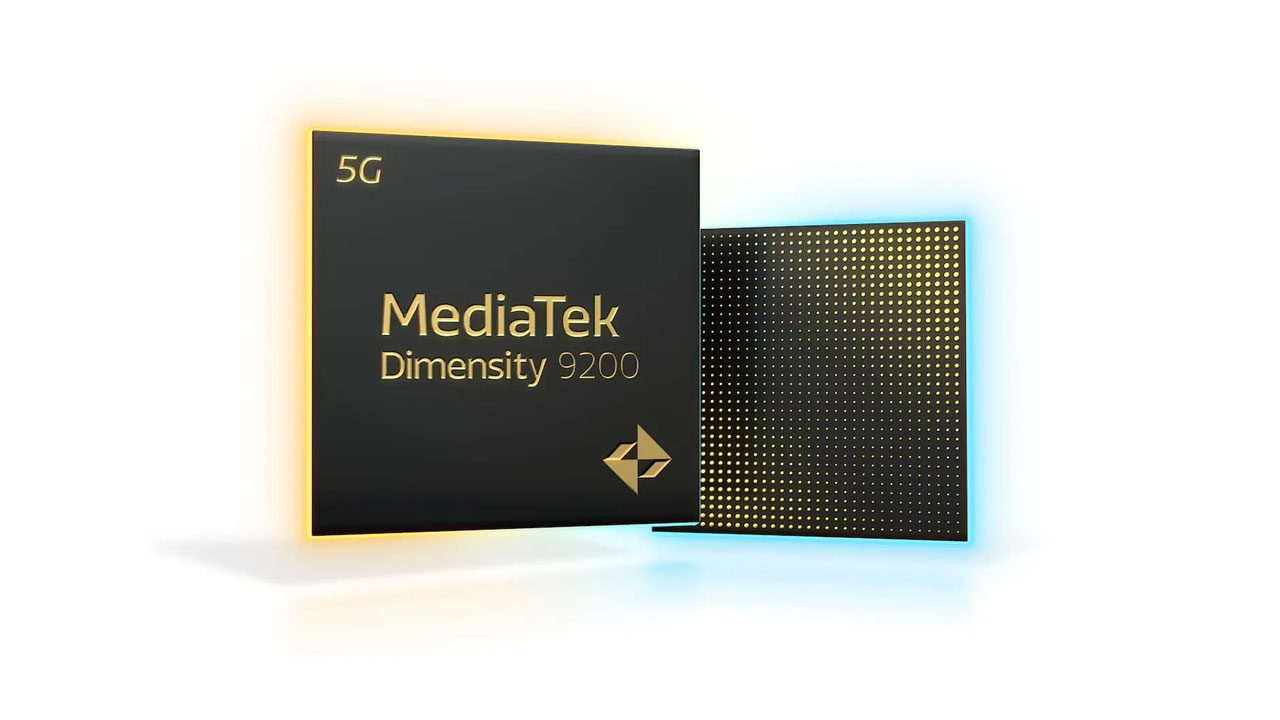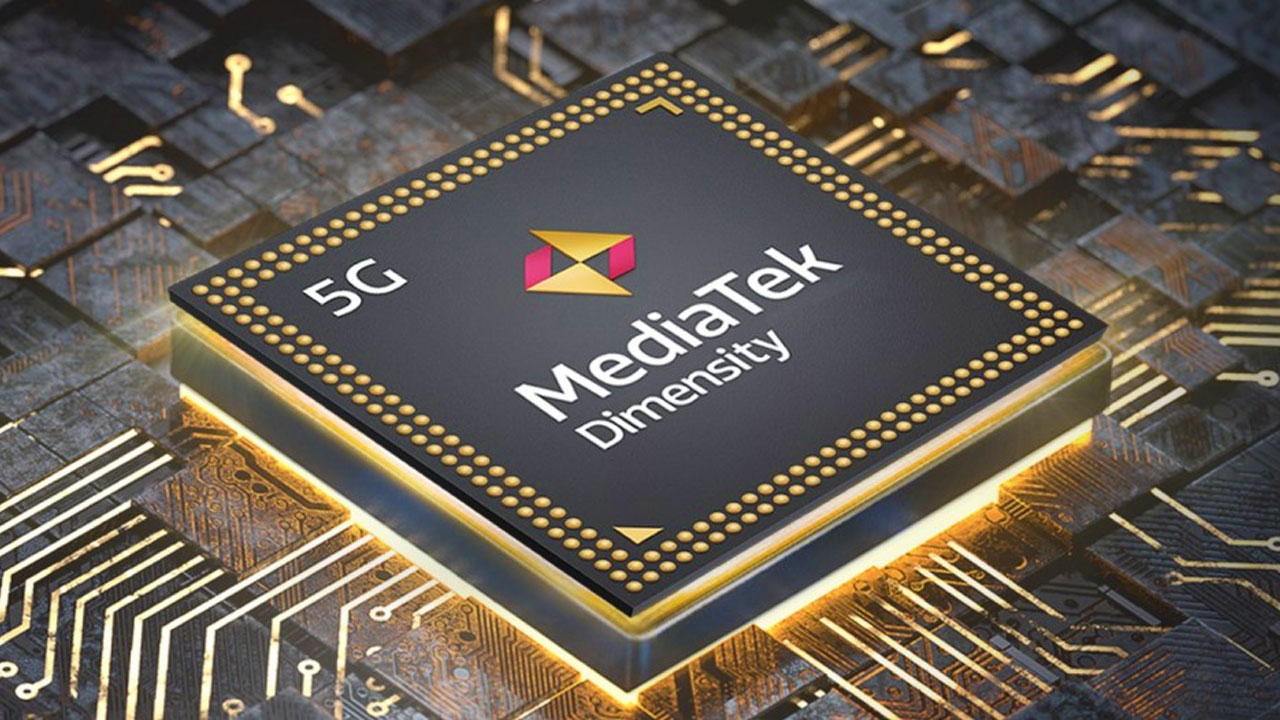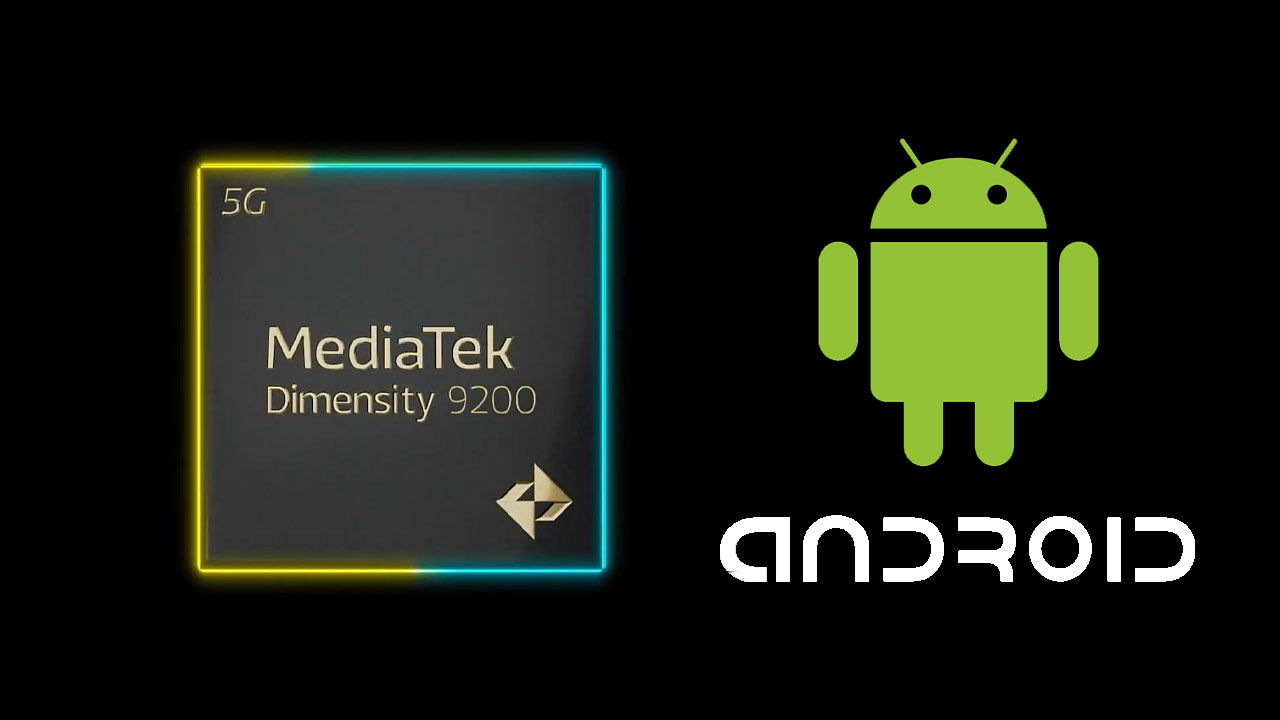Google has been trying to move Android to the 64-bit only future for years, but the company is moving slowly. The tech giant blocked the installation of 32-bit apps on the Pixel 7 and Pixel 7 Pro last month. Google aims to offer a better user experience and better technology with 64-bit support. After Google’s movements, MediaTek has started to move to 64-bit support on its devices. MediaTek blocked hardware support for 32-bit on its new flagship chipset, Dimensity 9200. Here are the details about MediaTek’s 64-bit feature.
MediaTek Dimensity 9200 supports 64-bit only
MediaTek is the first Android chipset manufacturer that blocks 32-bit support for its devices. While the company now blocks 32-bit support on Dimensity 9200 chipset only, it will expand the blocking of 32-bit support. With this upgrade, the chipset manufacturer is pushing Android one step closer to a 64-bit-only future.

MediaTek Dimensity 9200 is designed for high-end Android phones. Additionally, it comes with a lot of new first features such as Arm’s new Cortex-X3 core, Wi-Fi 7 support, and more. The brand made a great impact on the Android market, with its dropping support for 32-bit.
The chipset manufacturer confirmed that the Dimensity 9200 drops support for 32-bit on its “performance” cores. We can understand that the 32-bit support could drop for the Cortex-A715 cores as well. While the flagship chipset supports 32-bit apps, it’s only with the less powerful cores. Android’s moving to the 64-bit-only future will take some time because it is a major step for the operating system.

According to the benchmark tests, the new chipset runs 92% faster with 64-bit over 32-bit and 80% faster on decompression. MediaTek said that the side effects of this change would be minimal for the devices. Also, Google has been working on the Play Store support 64-bit for a long time.













